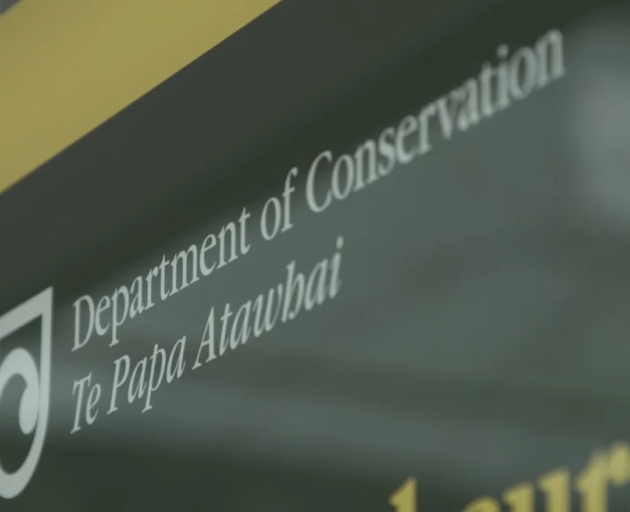
"Job cuts double in size". "Consequences from Doc cuts". "250 jobs gone." "More than 1300 public sector jobs to go." On and on the bad news comes. Perhaps though, with New Zealand now technically in a recession, this is what we should be expecting?
Yes and no. Yes, job losses are more likely when the economy is shrinking and everyone is watching their pennies more carefully. But no, the level of unemployment the government is striving to accomplish goes beyond what could reasonably be viewed as the result of a stagnant economy.
Amidst the chaos this week, the planned erosion of the Department of Conservation’s already-stretched workforce is particularly alarming, as are major cuts to the Ministry for Culture and Heritage, and the Film Commission.
The public service is thrashing about, caught in the powerful jaws of a new government hungry for results.
It is certainly the case that the number of public servants rose significantly during the Labour government’s two terms, from just below 50,000 to around 63,100 equivalent full-time workers by the start of this year.
Staunching this growth is by no means a bad idea. In fact, the process of looking broadly at parts of each ministry and determining which bits are core business and which are peripheral, and actively trimming in a few such areas, might be helpful to the bottom line.

It appears there is little appreciation from the government of the effects and costs of the scale of the expurgation now under way. With more than 1300 public sector jobs estimated to be axed, and extra cuts being announced almost every day, the cost of redundancies for these generally very well-paid workers will be large.
Then there’s the cost of so many people out of work in terms of extra benefits to support them, as well as the broad fiscal impact of public service tasks not being completed effectively and efficiently, and affecting the government’s ability to run the country.
Not to mention the lost opportunity cost of what these former public servants might have brought to New Zealand but may now promulgate in other countries, most likely Australia.
It’s unclear what, if anything, government members are themselves doing to save the economy 7% or so. Perhaps it is time to suggest a pay cut for politicians of that same magnitude?
Maybe the Remuneration Authority — which is now considering a pay rise for MPs and ministers — should come in for the same treatment as government departments or be closed down totally, just to ensure those pay increases don’t go ahead?
If they are recommended, and if they are accepted, it will be hypocrisy of the highest standard from this government.
Our representatives could also save money by relinquishing many of their perks, including travel. How grating is it to read the ramblings of NZ First deputy leader Shane Jones about the importance of travelling the motu to personally check on regional fuel storage?
Some people are what you call "people people". They like other folk, they appreciate and respect their endeavours, they admire their skills and what they do to make life better for others.
But with this government it is hard to get past the feeling they do not appear to like people much at all, full stop. That’s based on the draconian cuts being demanded to magic up some dubious tax cuts from Finance Minister Nicola Willis, and on recent policies which seem to be taking us backwards when it comes to social equity and environmental awareness.
It almost feels like we are an inconvenience to the smooth running of the company — sorry, country — and that the economy, which the government sees as the be-all and end-all of everything, would be far better off if we didn’t keep getting in the way.
Didn’t Basil Fawlty say something about being able to run a perfectly good hotel if it wasn’t for the guests?












